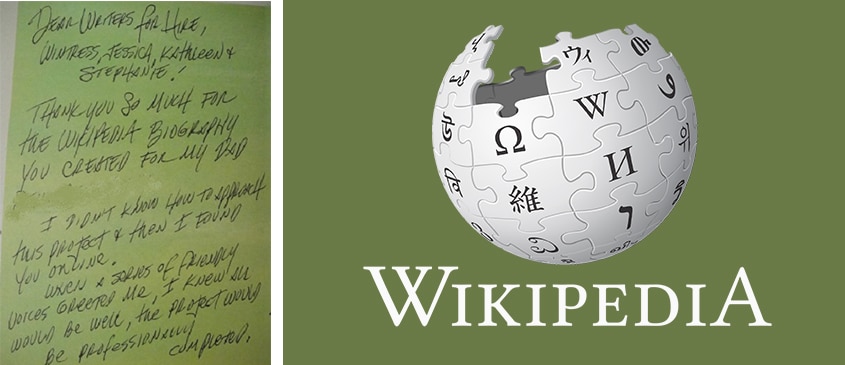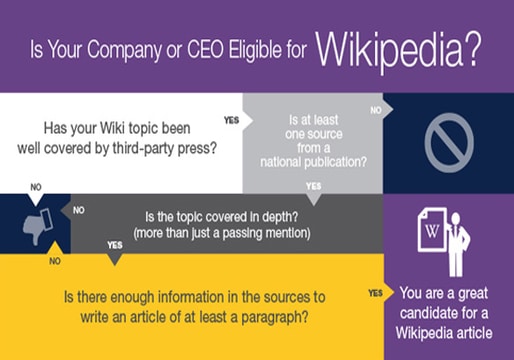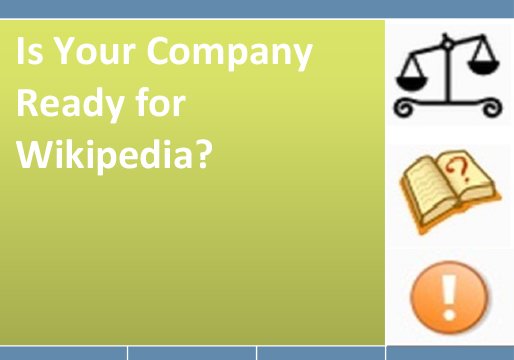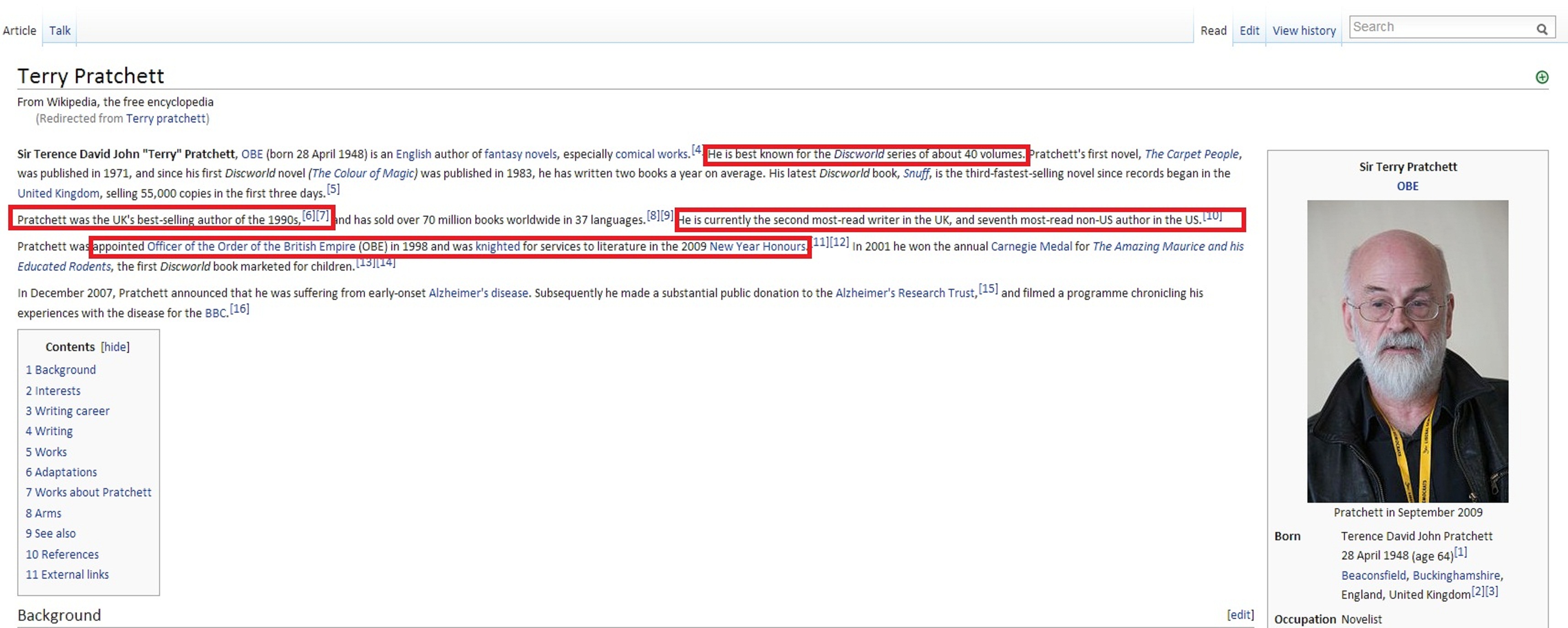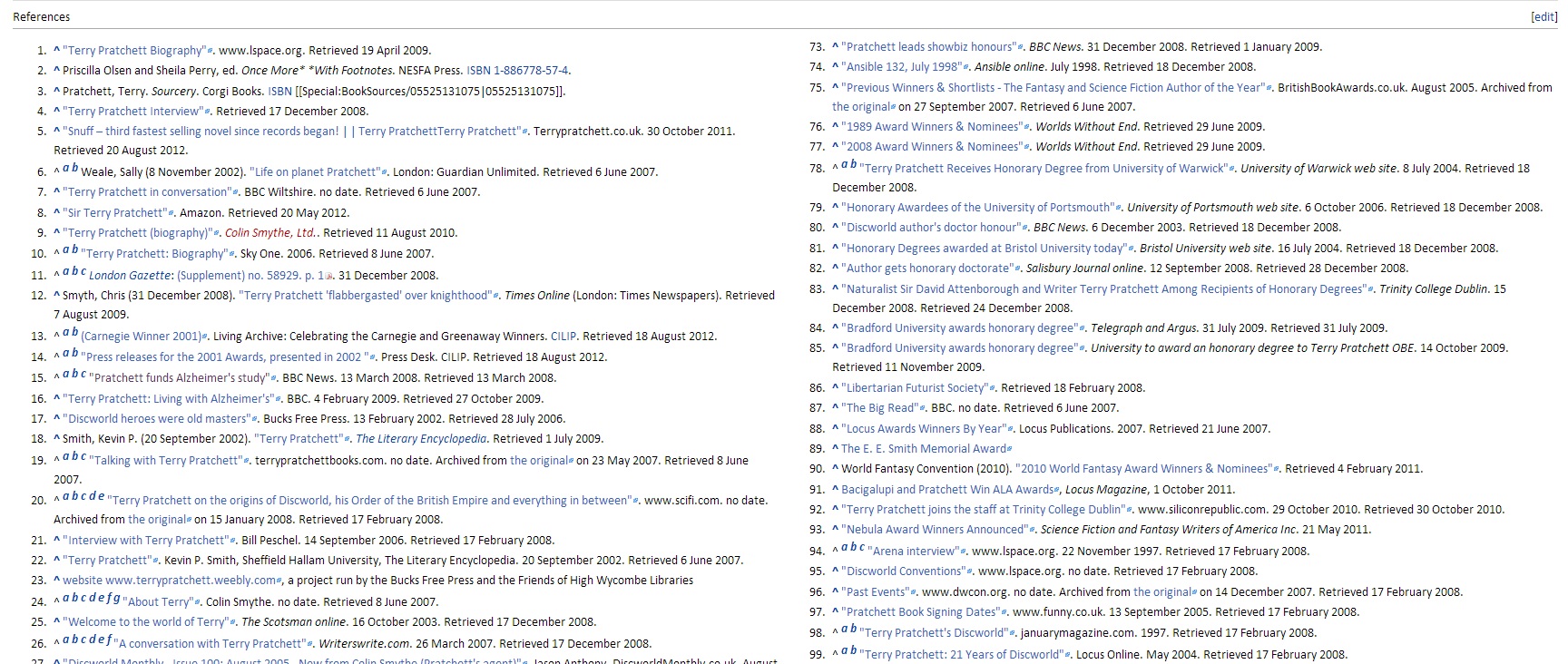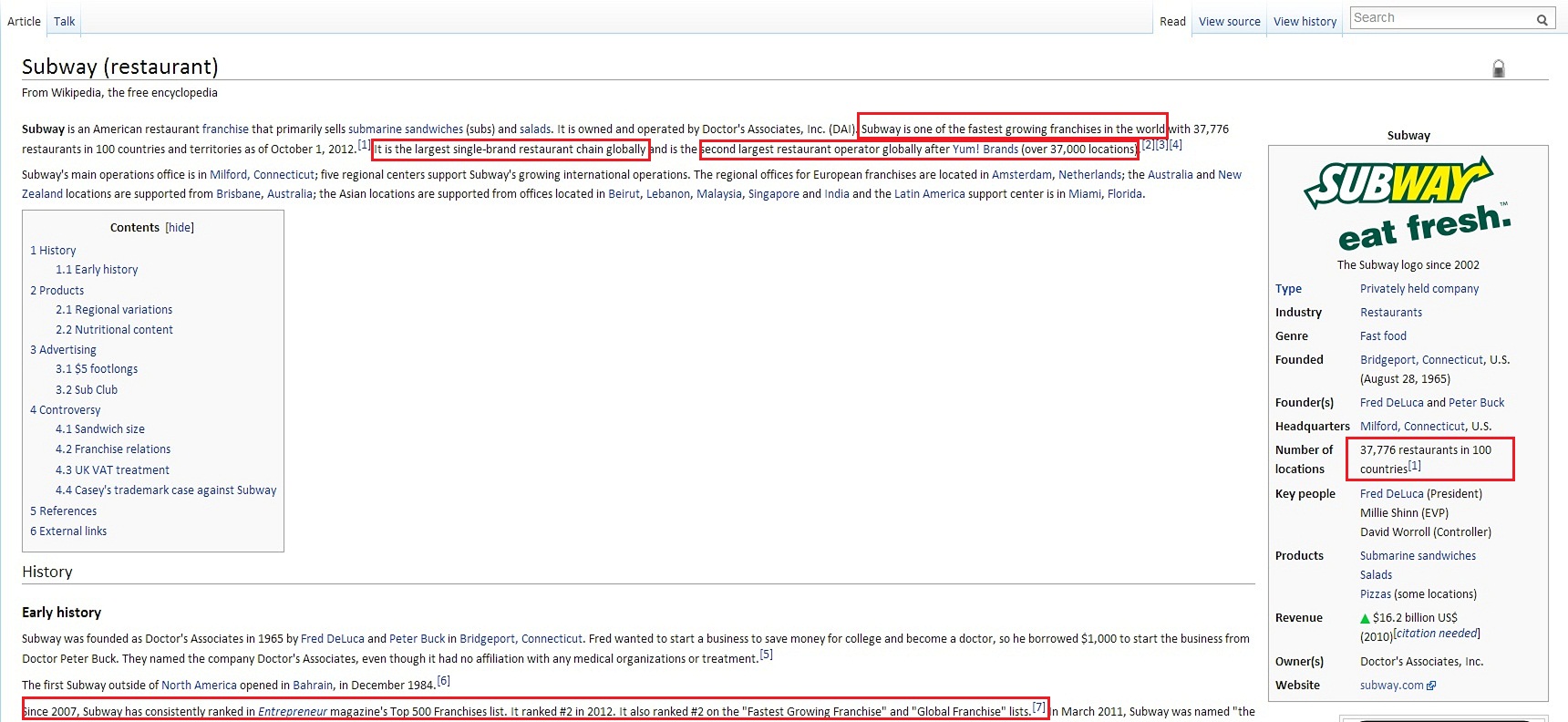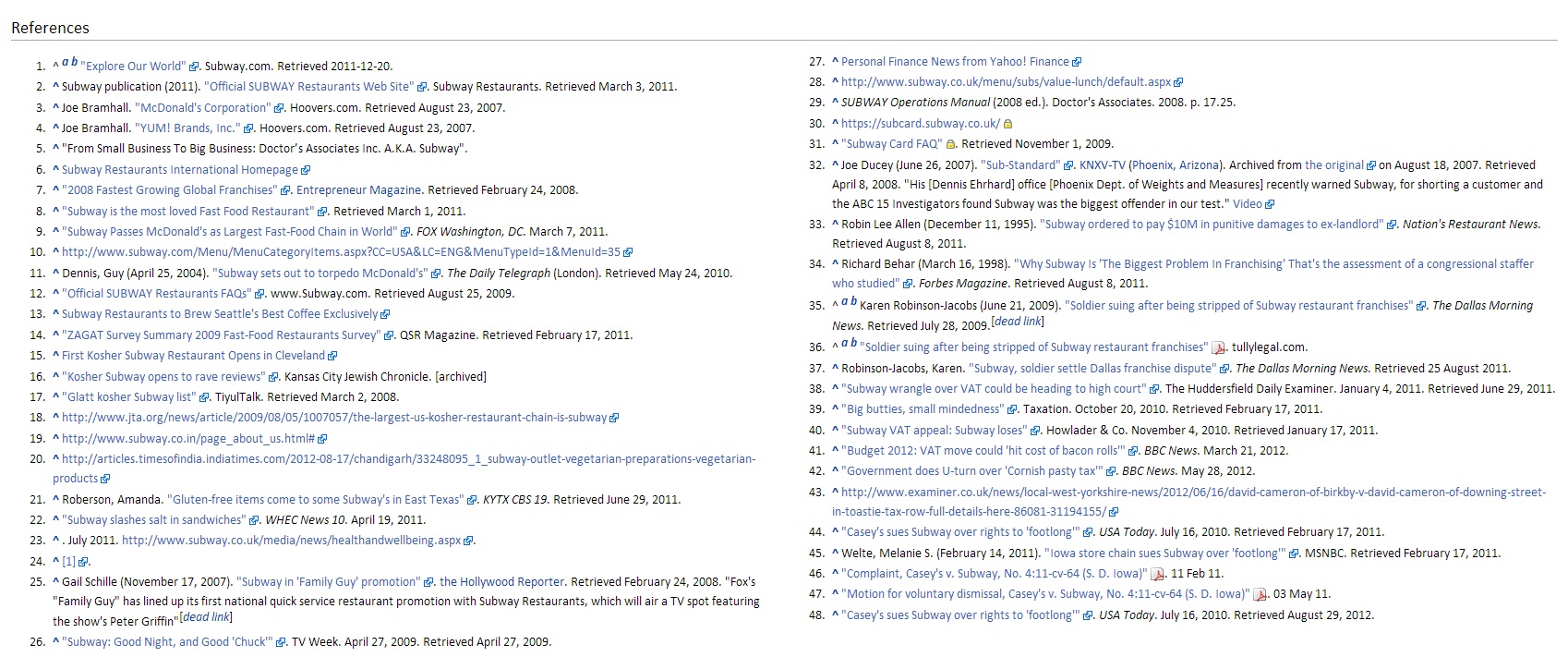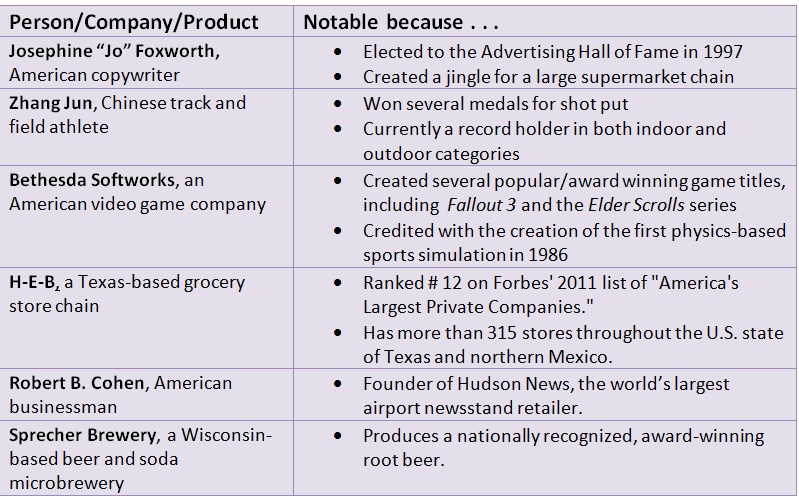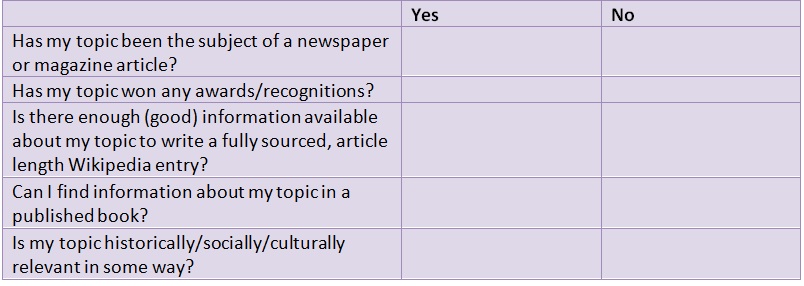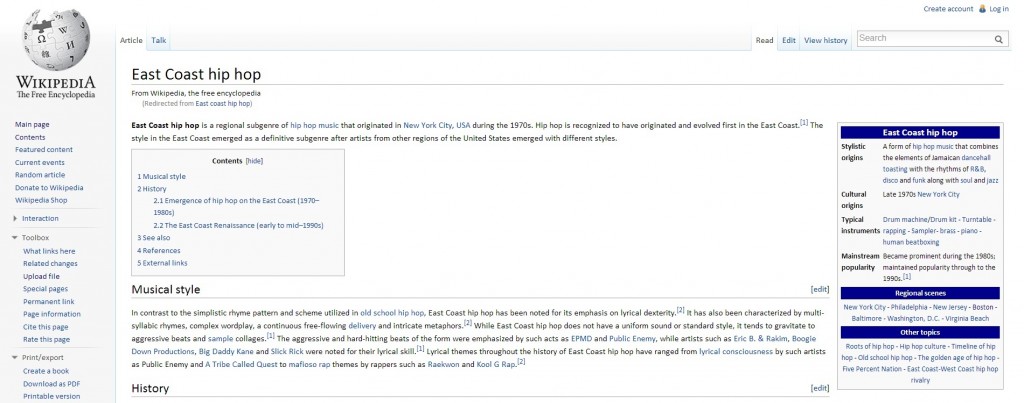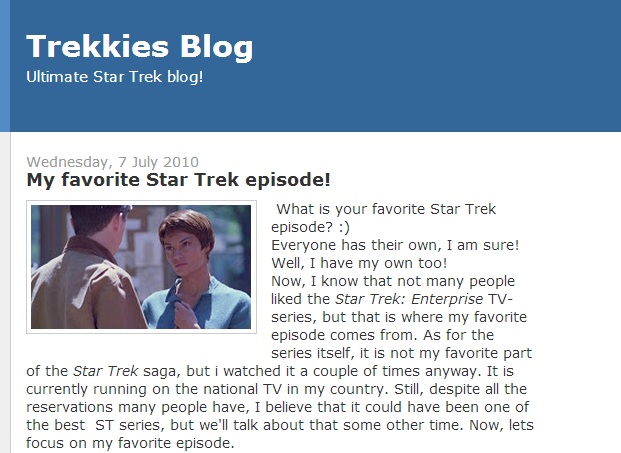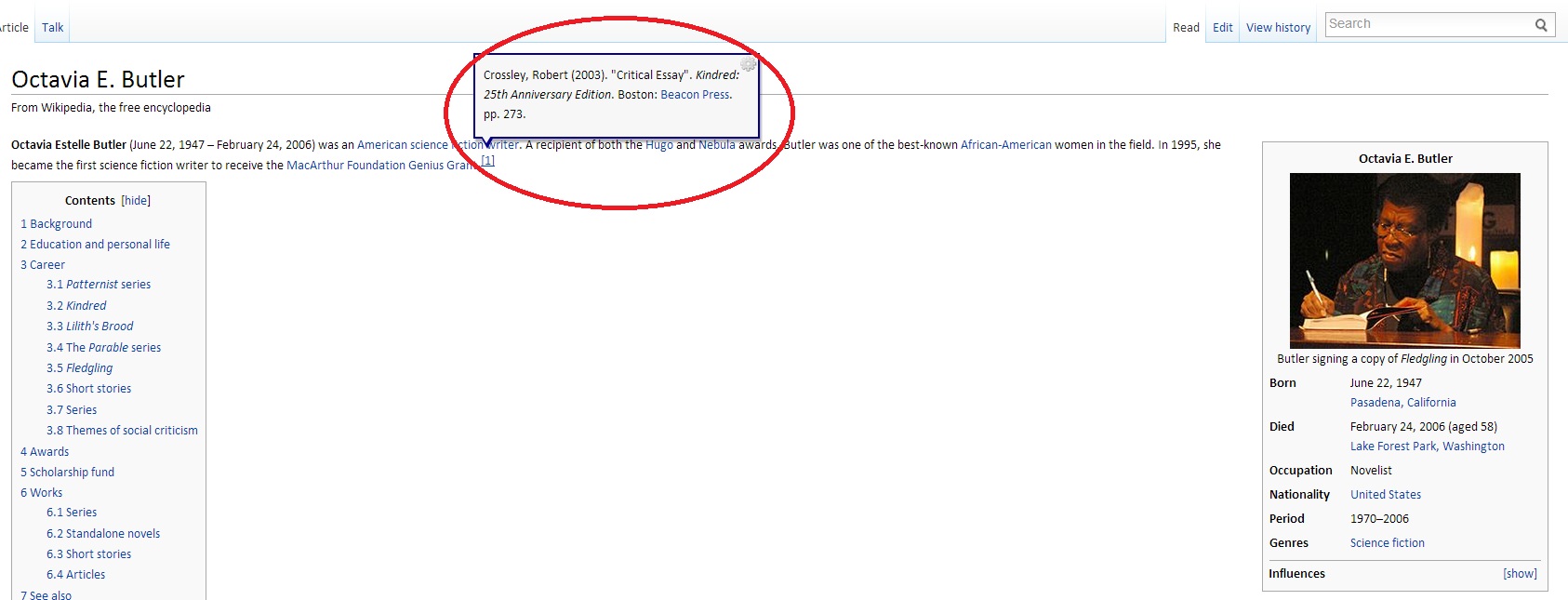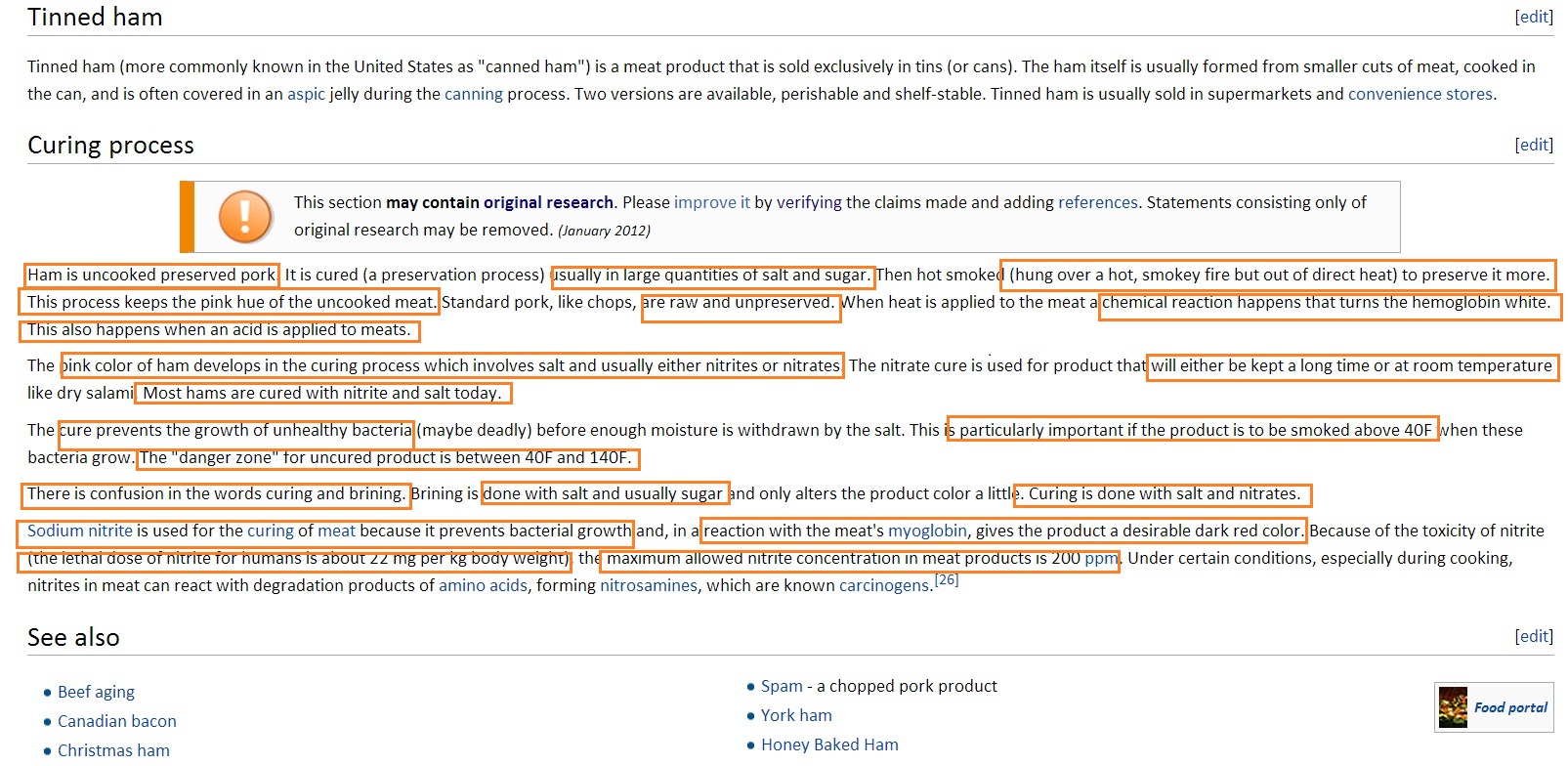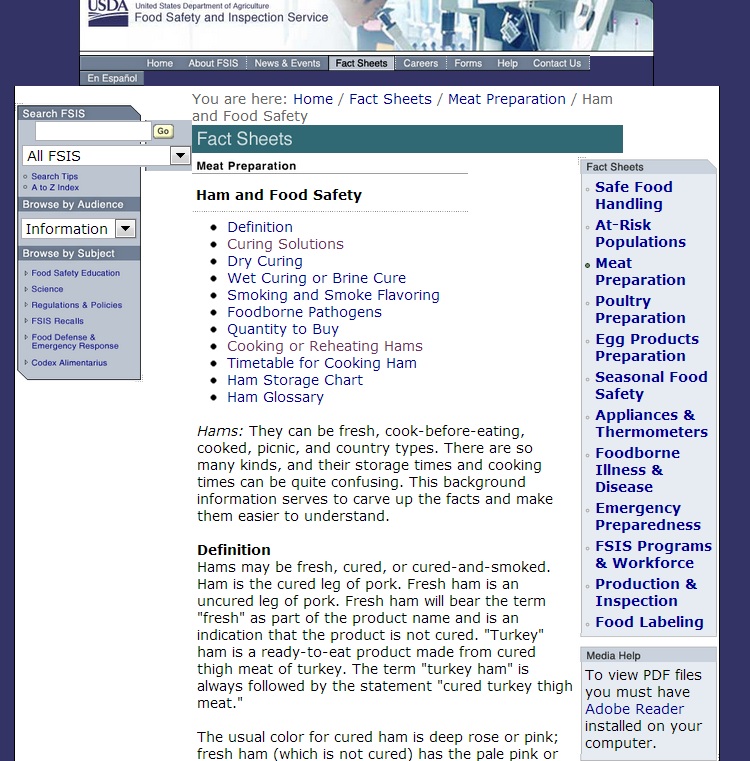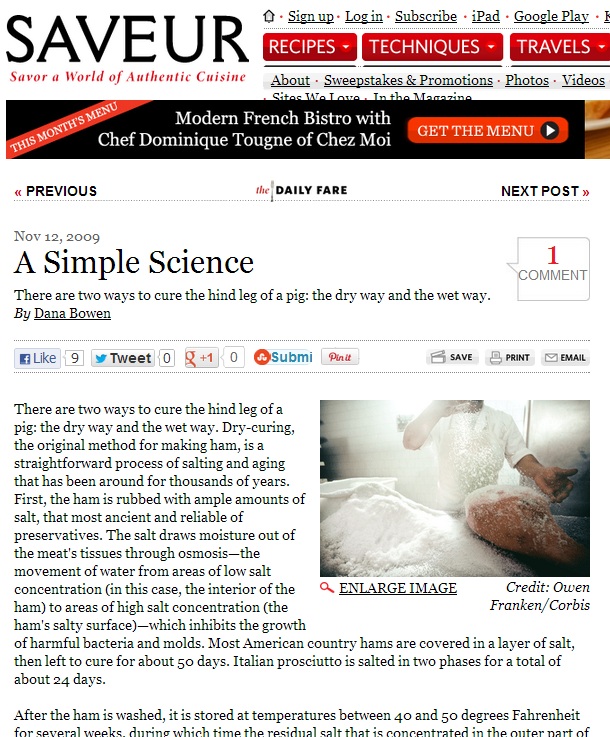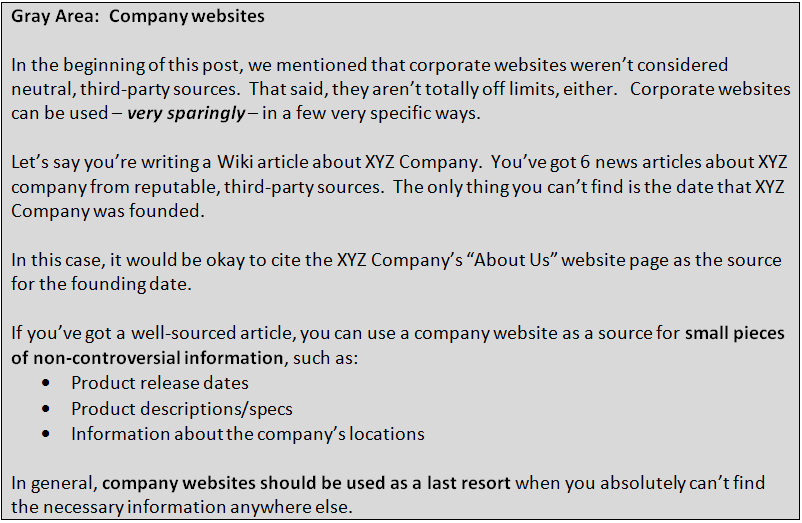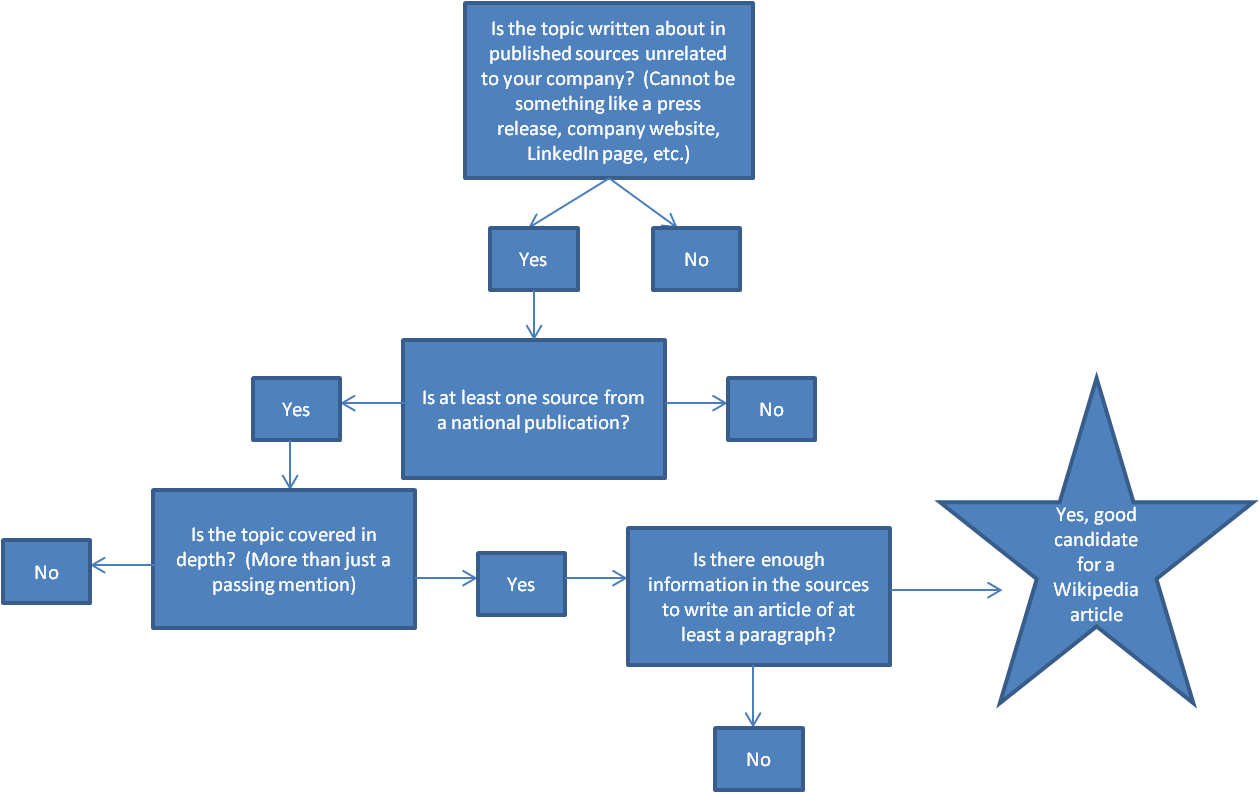Now that we’ve discussed notability and sources, it’s time to take a look at another major component of Wikipedia policy: neutrality.
You probably know what neutrality means: Basically, a neutral point of view is one that doesn’t promote a particular opinion or take a side on a controversial issue. An article written in a neutral point of view will give equal voice to all major views on a subject, instead of just one.
Here’s what Wikipedia says about neutrality:

When you write or edit a Wiki article, you are required to adhere to Wikipedia’s standards of neutrality: Stick to facts instead of opinions, present all viewpoints, and don’t use judgmental language.
Sounds easy, right? Well, it is easy. Sort of.
Our Wiki clients are often surprised when we tell them that parts of their proposed Wikipedia article need to be rewritten to avoid being flagged for neutrality issues. That’s because neutrality isn’t always so easy to identify – especially when you’re close to a particular subject.
Facts vs. Opinions
The first and most important rule of Wikipedia is, you can’t treat opinions like facts. This does not mean that opinions have no place on Wikipedia. It does mean, however, that they must be presented as opinions rather than facts. They must also be attributed to neutral, third-party sources.
Here are a few examples of how to balance fact and opinion on Wikipedia.
You can’t say:

But you can say:

See the difference?
Both examples basically say the same thing: The Walking Dead is a darn good show.
But the first example is purely an opinion statement. The second example provides “proof” that this opinion is held by a whole bunch of people. The show has gotten generally positive reviews from critics; it’s won several awards; it gets good ratings, etc. These statements are presented in a neutral way – and each statement contains a citation.
Let’s try another one:
You can’t say:

But you can say:

Stephen King’s Wikipedia page doesn’t directly state that he is a good writer (or a bad one, for that matter). Instead, the page presents facts about awards he’s won, critical response to his work, and so on.
“”
Differing Points of View
Another big component of Wikipedia neutrality is including several points of view – even points of view that are negative and contradictory. This also means giving space to not-so-positive aspects of your topic, such as lawsuits or controversies associated with it.
This is why there are Wikipedia pages like this one:

Notice that this page doesn’t appear to take one side or another. It simply tells us that some people criticize Walmart for certain reasons – and it also points out that Walmart has refuted these criticisms.
Here’s another example. This is from the Wikipedia page about another large retail chain, Abercrombie and Fitch:

Again, this section doesn’t appear to take one side or another. The information is presented matter-of-factly, and we can draw our own conclusions about the company.
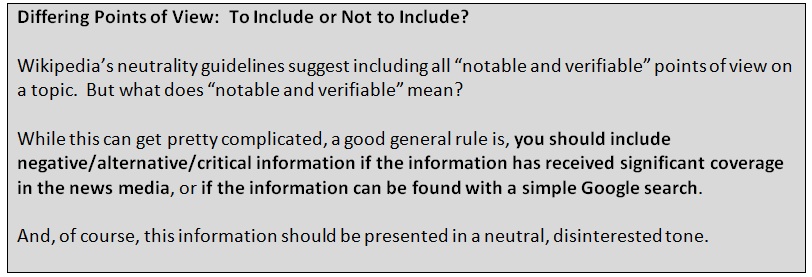
Accentuate the Positive . . . And Manage the Not-So-Positive
At this point, you might be wondering, “Why the heck would I want to put negative information on my Wikipedia page?”
Because if you don’t, someone will.
Let’s say you want to write a Wikipedia page for Company XYZ. You know that Company XYZ was sued for discriminatory hiring practices a few years ago – it was a national news story. And, it’s something that everyone at Company XYZ would love to forget.
While it would be extremely tempting to simply not mention the negative stuff – it’s a really bad idea.
Remember that anyone – anyone at all – can edit Wikipedia. This means that, the minute your page is published, absolutely anyone can add or delete information – even negative and not-so-positive information. As long as that information is supported by significant coverage in neutral, third-party sources, that is.
By including the negative information from the get-go, you are controlling how that information is presented. And, by including the good and the bad, you’re much less likely to end up getting flagged due to a perceived conflict of interest, which looks like this:

Staying Neutral
Not sure how to keep things neutral? Sometimes neutrality can be difficult – especially when the subject is something you’re particularly knowledgeable or passionate about.
We could probably write an entire book about neutrality – but in the interest of keeping things brief, we wrote a checklist instead. If you’re concerned about neutrality, here are a few things to keep in mind:
Avoid opinion statements. Let the facts speak for themselves.
Acknowledge differing points of view.
Avoid sales jargon and stick to neutral, clear language.
Don’t include anything that you can’t prove with citations from neutral, third-party sources.
Include all relevant information – positive and negative.
That’s it for neutrality. And, now that we’ve covered the most important Wikipedia “rules,” we’re going to take an in-depth look at content – what to put in, what to leave out, and how to decide length.
Stay tuned!
